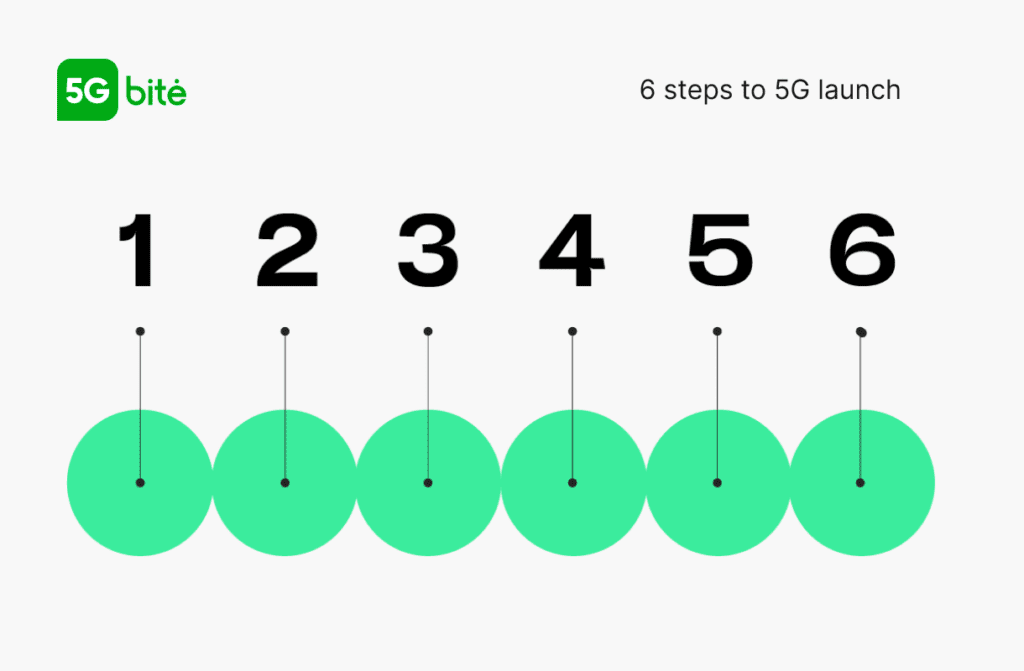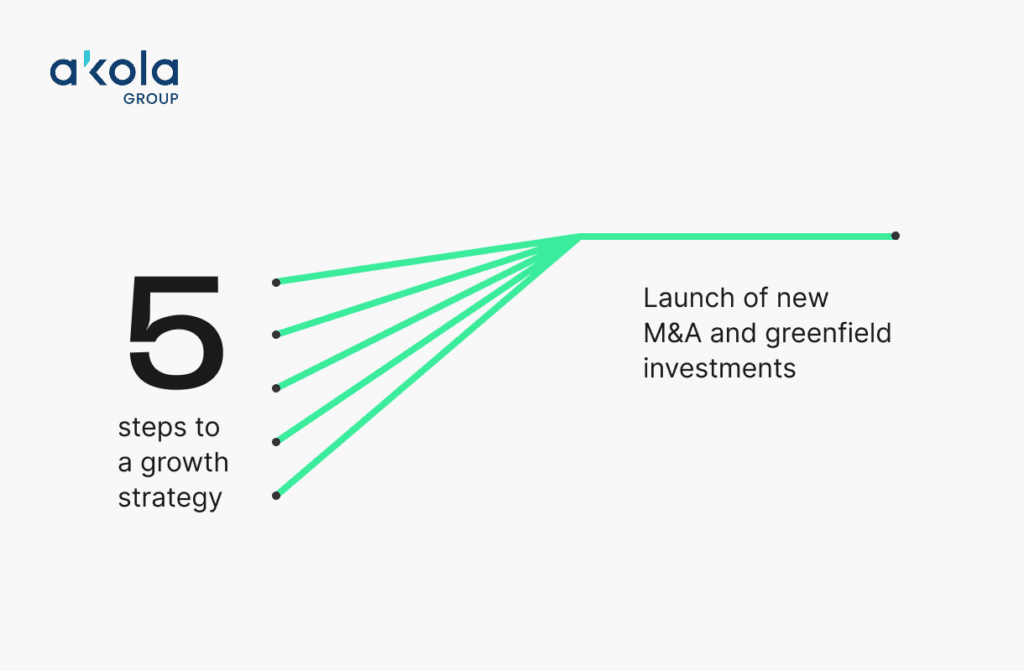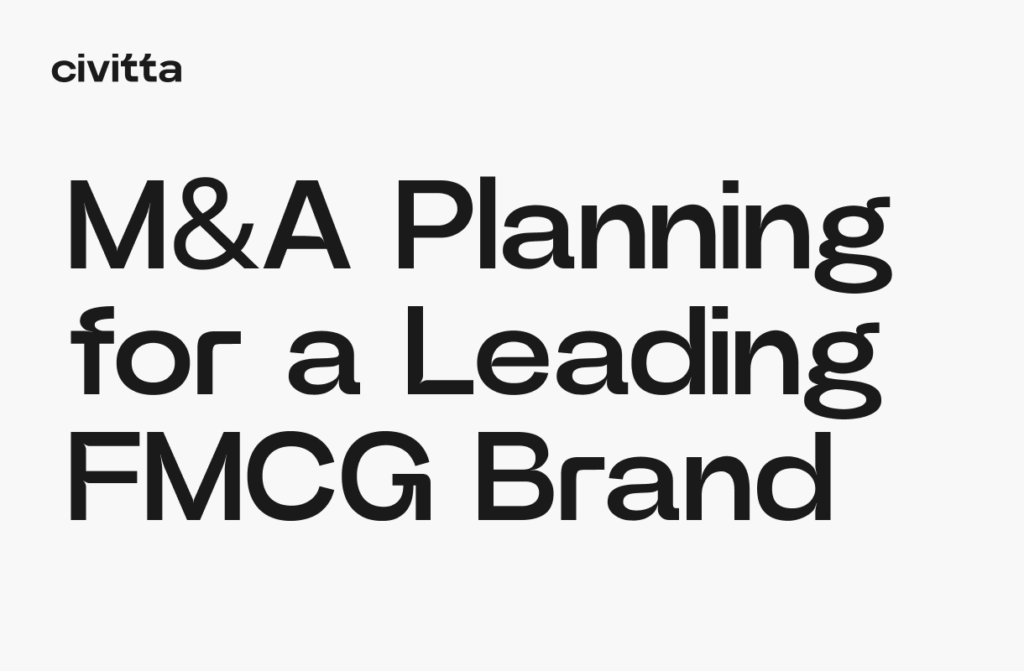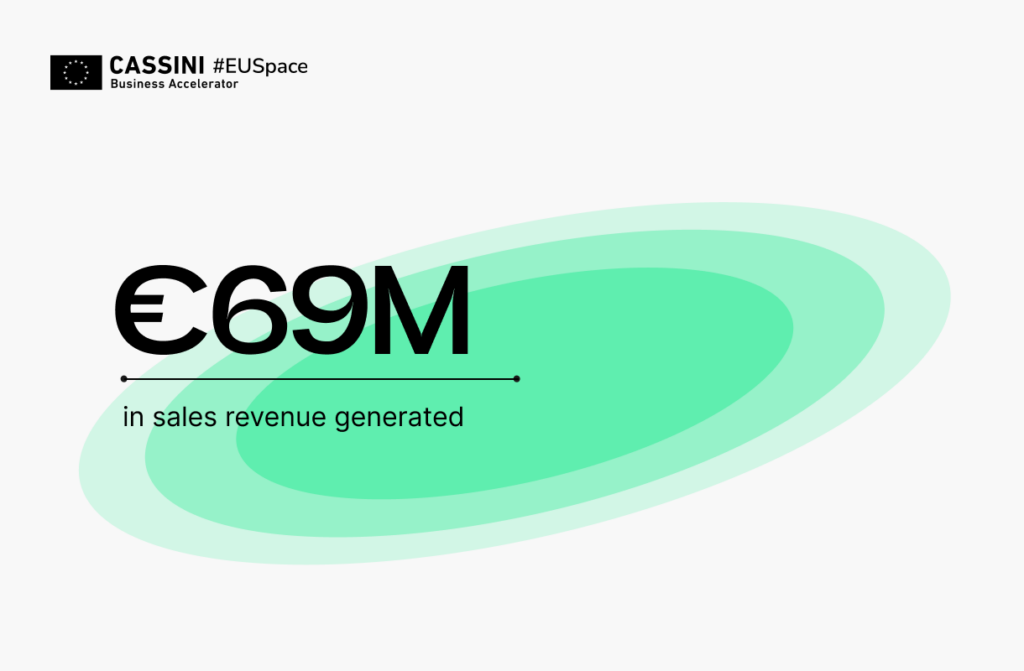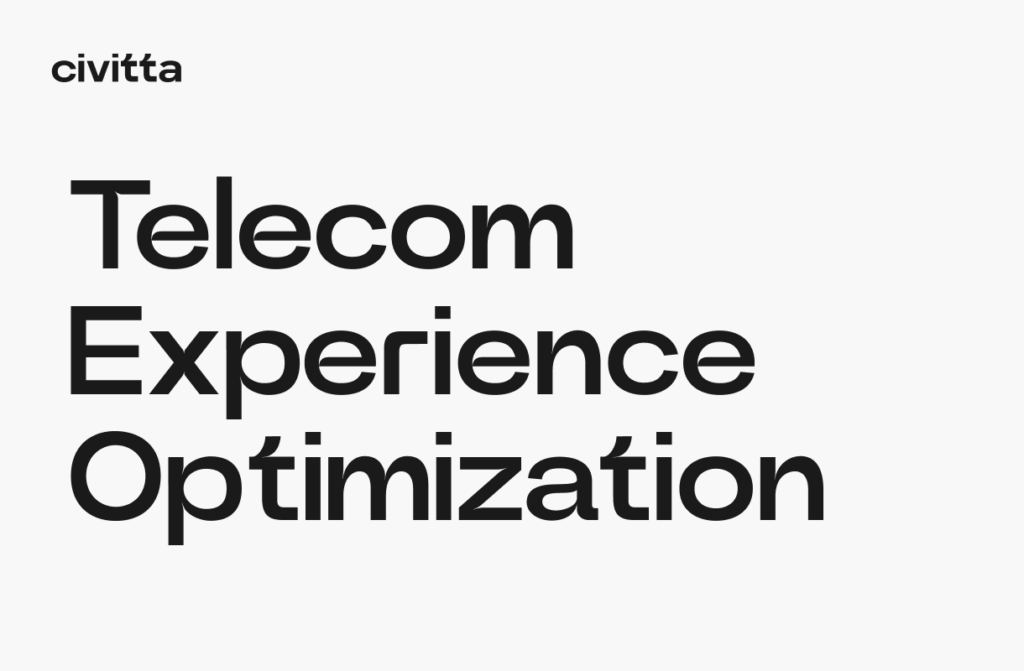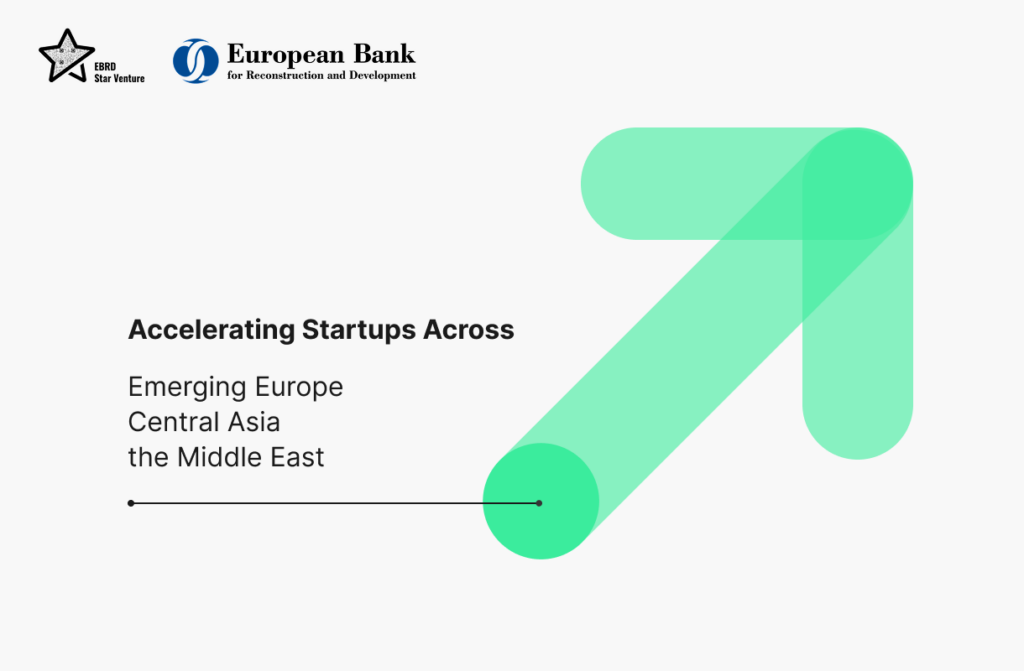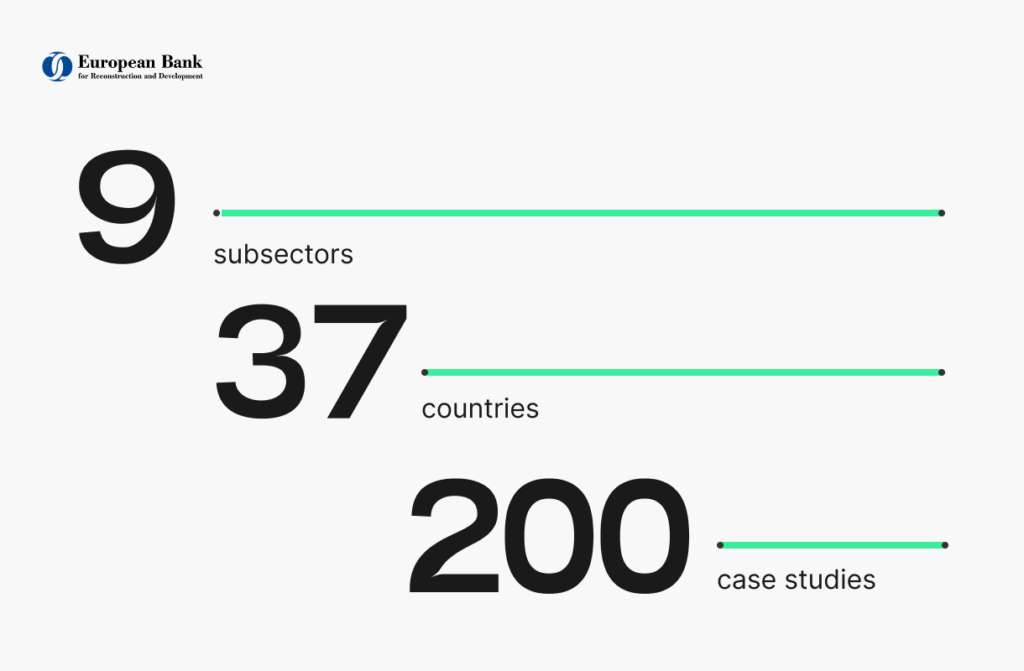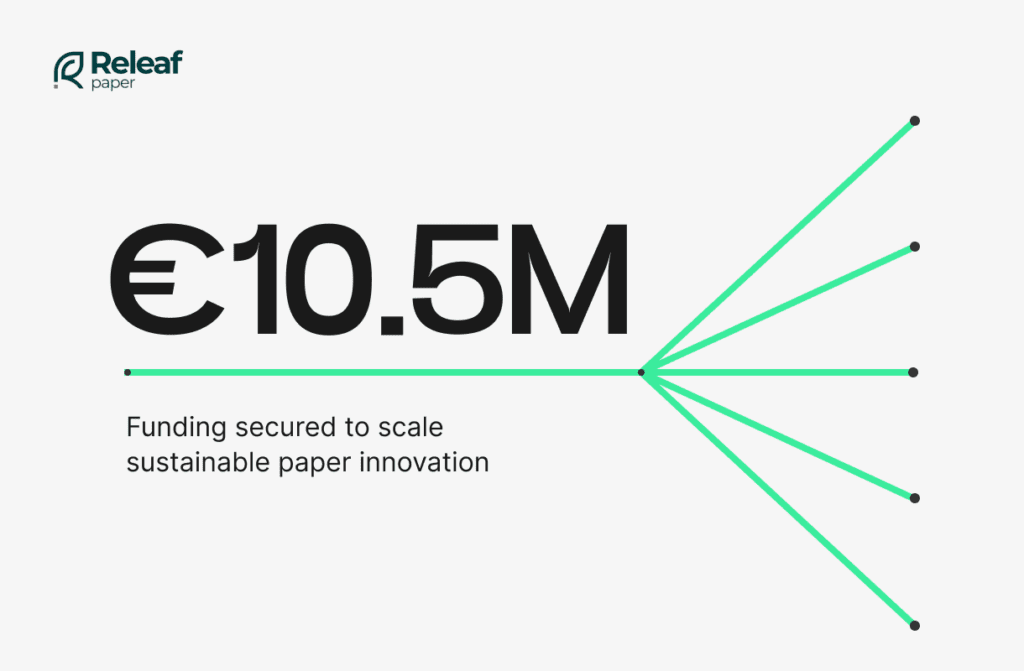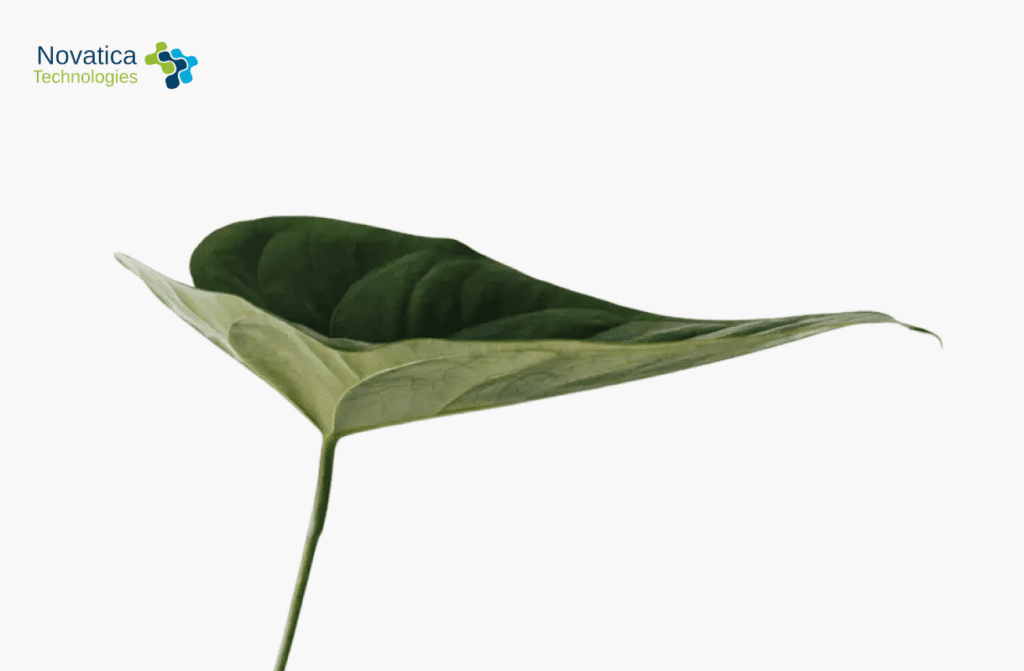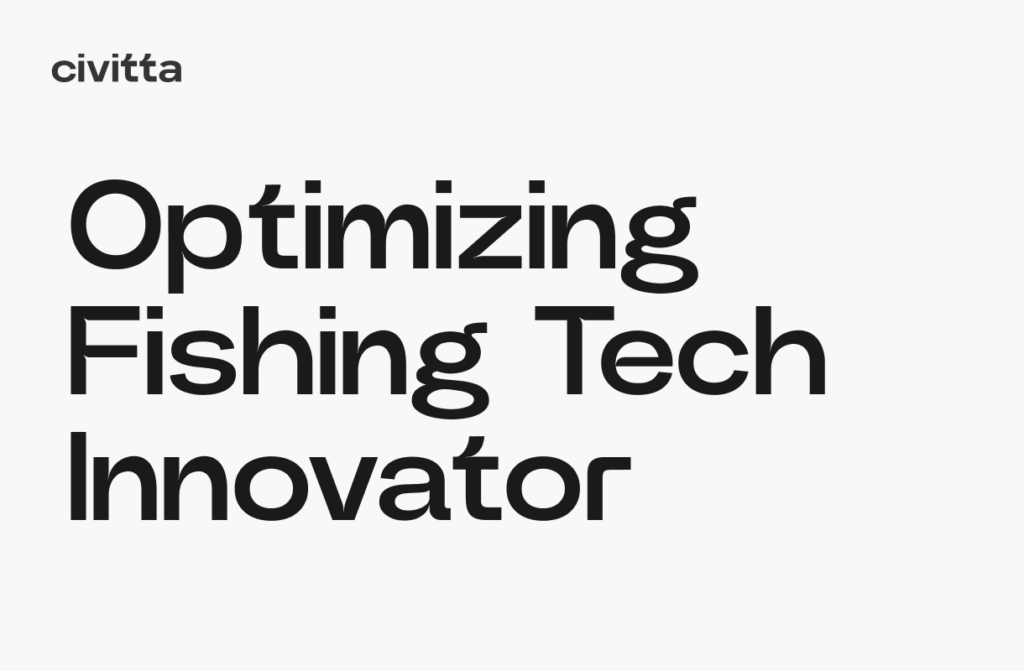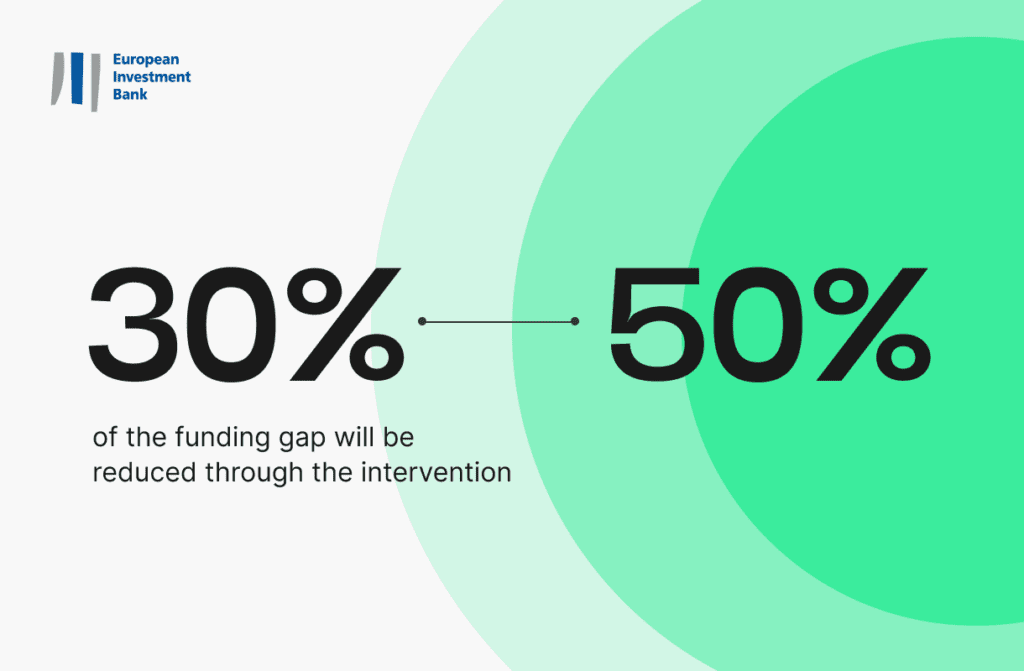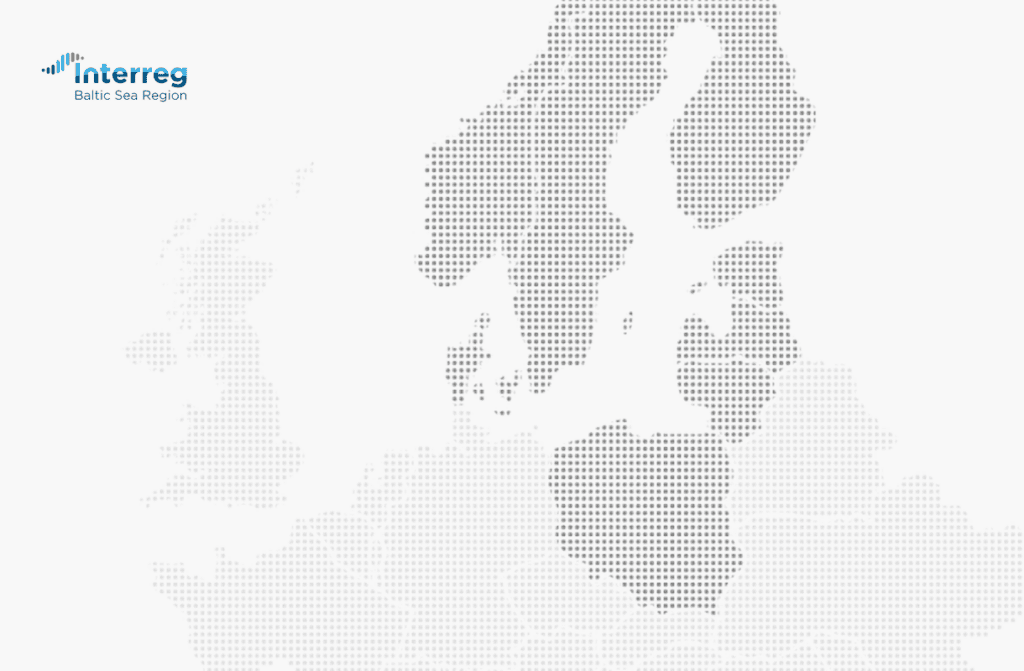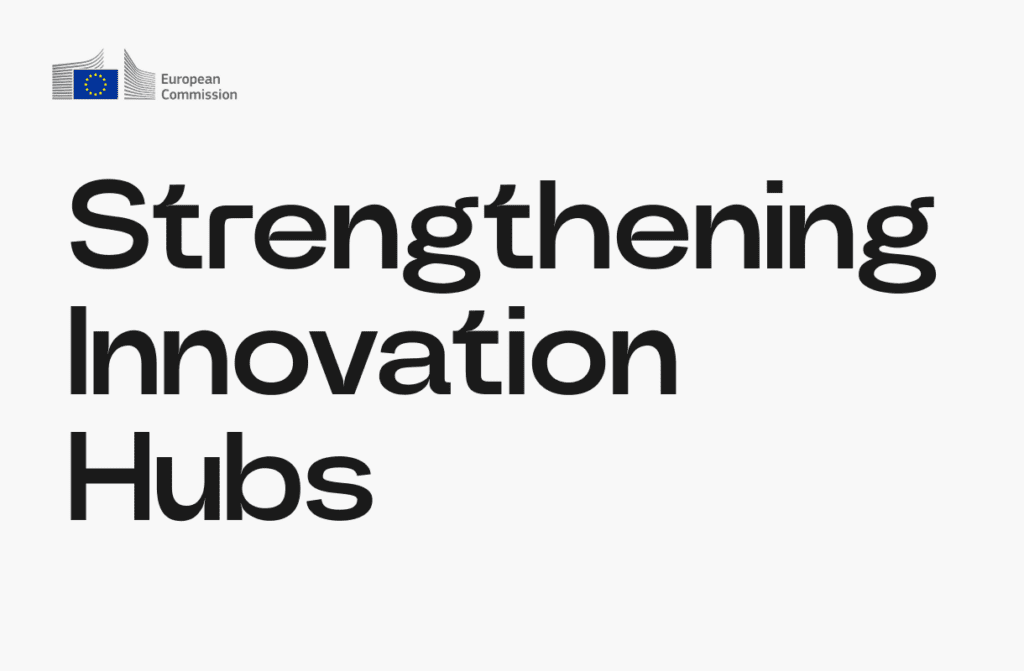Karakalpakstan: building a business‑development platform
Client
Global Green Growth Institute (GGGI)Client overview:
The client, the Global Green Growth Institute (GGGI), is an intergovernmental organization focused on promoting inclusive green growth across developing and emerging economies. This was the first time Civitta worked with GGGI. Within the agriculture and environmental sustainability sector, GGGI supported the development of the Business Development Platform (BDP) in Karakalpakstan under the Korea International Cooperation Agency (KOICA)-funded Green Rehabilitation Investment Project (GRIP).
The BDP, launched in 2022, is a digital platform that offers services including e-learning, advisory support, agri-market intelligence, and agri-finance, aimed at empowering micro, small, and medium enterprises, particularly women and youth. The platform has grown into a key regional digital tool that facilitates climate-smart agriculture, enhances financial inclusion, and promotes innovation for sustainable economic development.
Challenge:
The core challenge was to ensure the long-term operational and financial sustainability of the BDP following the completion of donor funding in 2024. The platform’s continuation is critical to supporting regional climate adaptation, market access, and farmer capacity building in a severely impacted region of Uzbekistan by multifaceted challenges related to the environment, economic development and social inclusion.
However, the success of the platform was compounded by limited user engagement, weak digital infrastructure, low willingness to pay, and a lack of clear ownership or monetization strategy. Moreover, technical issues—including poor platform performance and underutilized advisory services—posed additional risks to user retention and platform credibility.
Our approach:
Civitta carried out a thorough assessment of the BDP, covering technical, strategic, and financial aspects. This included talking with stakeholders, conducting detailed interviews, surveying over 100 farmers, holding focus groups in both regional and city areas, benchmarking the platform against others, and doing mystery shopping exercises. Using a clear framework, Civitta reviewed all BDP services, studied competitor platforms in Central Asia and worldwide, and used Red/Blue Ocean analysis to find the best strategic fit. They developed three sustainability models:
- Government-supported
- Impact-driven
- Profit-oriented
Each model included detailed financial plans with cash flow forecasts and cost breakdowns. Special focus was given to who would own the platform, how users behave, and how to connect with popular tools like Telegram. Civitta then proposed a mixed roadmap that combines donor support with business sustainability, making sure social inclusion is a key part of the plan.
Results & impact:
- The project delivered a strategic roadmap that recommended the “Impact-Driven” model as the optimal scenario. This model balances affordability, social impact, and financial viability, projecting a tenfold increase in user base within 10 years. Financially, it is expected to break even within four years.
- Enhancements proposed for the platform include advanced e-learning modules, real-time advisory via Telegram, integration with local banks for tailored financing, and the development of a digital marketplace. The roadmap also defined ownership scenarios, stakeholder roles, and technical improvement plans to ensure continuity and adaptability beyond the project’s lifecycle.
- As part of our strategic outreach to the potential future owners of the platform, we were able to interest ADB representatives in taking the management of the platform in the future and integrating it with their ongoing and planned technical assistance projects.
Key takeaways:
The BDP case demonstrates how a digital platform can be repositioned from a donor-dependent tool to a financially sustainable, high-impact service. Civitta’s involvement was critical in aligning strategic vision with financial feasibility, drawing from deep stakeholder insights and best practices.
The success of this engagement lies in its emphasis on user relevance, localization, and sustainable platform ownership—lessons that are transferable to similar platforms in emerging markets across Central Asia, Africa, and Southeast Asia. Through a participatory and evidence-based approach, Civitta supported GGGI in developing a robust model that ensures long-term value creation, particularly for vulnerable farming communities navigating the impacts of climate change.


